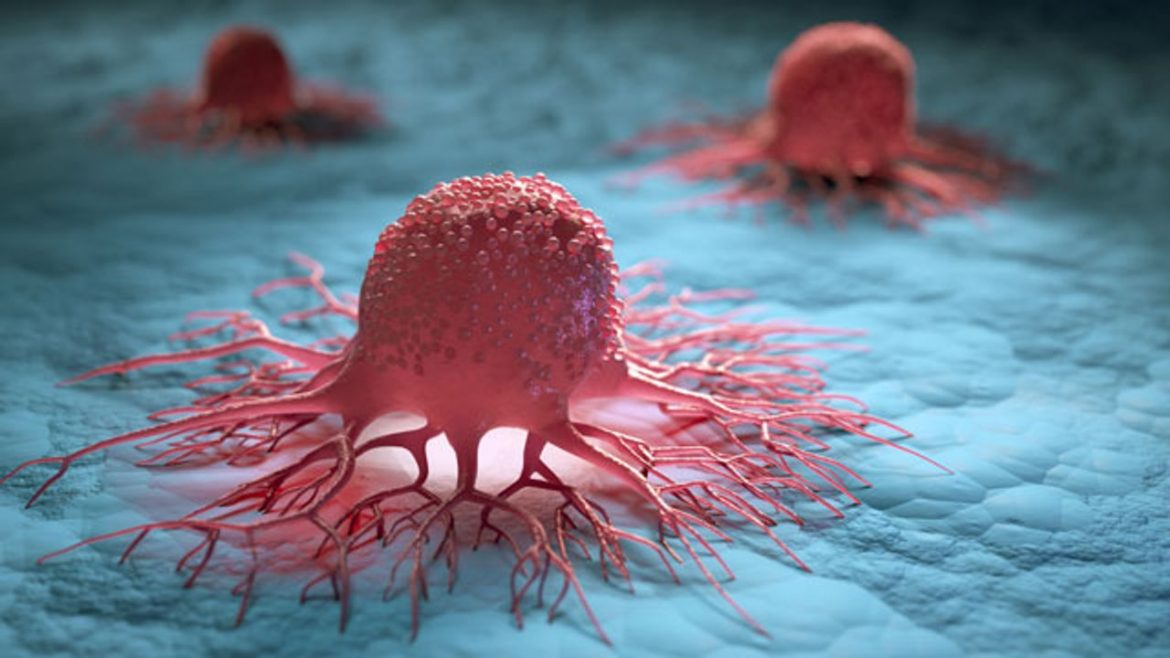Scientists have uncovered a new condition that might aid individuals with unexplained liver and kidney issues.
TULP3-related ciliopathy is a hereditary disorder that causes kidney and liver failure in children and adults, according to researchers at Newcastle University in the United Kingdom. There are a variety of causes for kidney and liver organ failure, which can be life-threatening if left untreated, but patients frequently do not receive a specific diagnosis, making the optimal course of therapy uncertain.
A defective gene, according to research published in the American Journal of Human Genetics, is the catalyst for increasing fibrosis in the liver and kidney, which commonly necessitates a transplant.
Professor John Sayer, Deputy Dean of Clinical Medicine at Newcastle University, said: “Our finding has a huge implication for better diagnosis and management of kidney and liver disease in some patients.”
“What we are now able to do is give some patients a precise diagnosis, which allows their treatment to be tailored to their needs for the best possible outcome.”
Experts assessed clinical symptoms, obtained liver samples, and performed genetic sequencing on scores of participants in the research, identifying 15 people from eight families as having this new disease.
Urine samples from these individuals were utilised to culture cells in the lab, and the defect causing TULP3-related ciliopathy was then studied.
Because their condition had deteriorated severely, more than half of the participants in the research required a liver or kidney transplant. Until the investigation, the initial cause of these individuals’ organ failure remained unclear.
Professor Sayer, who is a consultant nephrologist at Newcastle upon Tyne Hospitals NHS Foundation Trust, said: “We were surprised at how many patients we were able to identify with TULP3-related ciliopathy and this would suggest that the condition is prevalent within those with liver and kidney failure.”
“We hope to provide a proper diagnosis for many more families in the future. This work is a reminder that it is always worth investigating the underlying reasons for kidney or liver failure to get to the bottom of the condition.”
“Finding a genetic cause of liver or kidney failure has huge implications for other family members, especially if they are wishing to donate a kidney to the patient.”
The research, which was co-funded by Kidney Research UK and the Northern Counties Kidney Research Fund, was made possible by the Genomics England 100,000 Genomes initiative, in which Professor Sayer played a key role in the project’s local success.
Newcastle researchers will now use patient-derived cell lines to explore the disease process in greater depth and evaluate possible therapies for TULP3-related ciliopathy.
Case study of a patient
Linda Turnbull, a liver transplant recipient, has lived a long and busy life since receiving her new organ over 30 years ago.
The lawyer, from Stocksfield, Northumberland, UK, was one of 15 patients identified as having the new ailment, TULP3-related ciliopathy, as part of a Newcastle University research.
Linda, who is in her 60s, was always an unwell child and things became worse when she started vomiting blood where, at the age of 11, tests diagnosed her with liver failure.
She was treated successfully, but gradually her liver failed completely resulting in the need for a transplant in 1994. More recently she was noted to also have kidney failure.
Linda provided urine samples for the study so her cells could be grown in the laboratory for the new disease to be understood more. Her involvement has helped patients locally, nationally and internationally.
She said: “It is brilliant to finally have an answer to my life-long questions: Why has this happened to me and why do I have this condition.
“It’s fantastic that this research has been led in Newcastle and it means that people in the future will have information regarding their condition and how best to treat it.”










